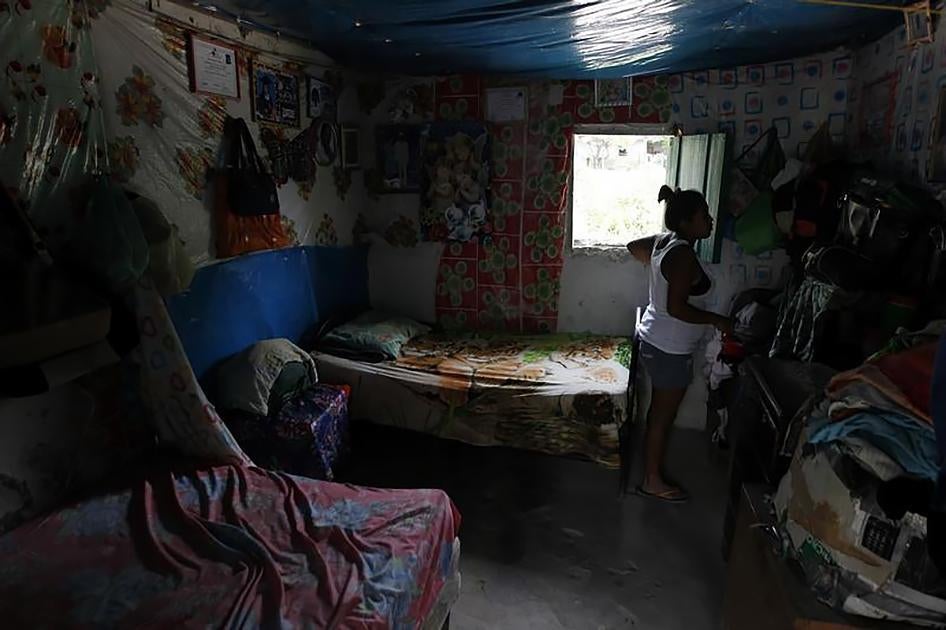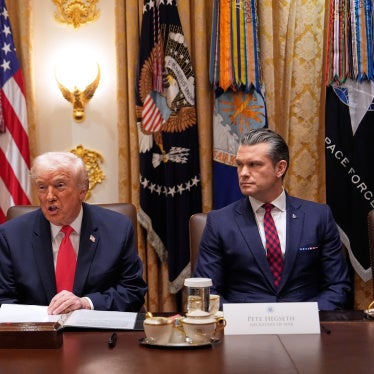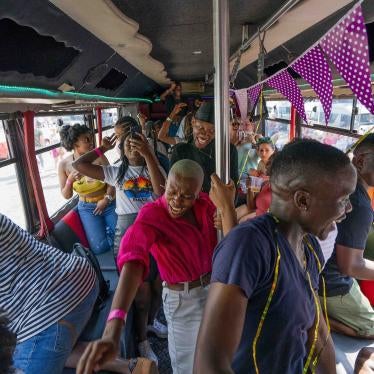Homeland Security Secretary Jeh Johnson announced recently that U.S. Immigration and Customs Enforcement would finally discontinue long-term detention of families who have established eligibility for asylum. He went on to say: “Our larger hope is that Central American families will heed our repeated calls to find a safe and lawful path for the migration of children to the United States.”
But families will have to look really hard to find this safe and lawful path. Although the federal government seven months ago established in-country processing in Guatemala, El Salvador and Honduras, not one Central American child has been admitted through this channel.
Why is that? The standards are nearly impossible to meet.
To be eligible for this refugee admissions program, the child must first have a parent lawfully present in the United States. That parent must be able to submit a detailed relationship petition and put up about $650 for DNA testing. Both parent and child must undergo DNA testing. If all of these conditions are met, the child is subjected to four interviews, including a refugee status determination interview in which the child must establish a well-founded fear of persecution in the country where he or she is living.
And if the child is approved after all this, the U.S. does not immediately whisk the child to safety, but rather subjects him or her to additional medical exams and cultural orientation, and has the child wait for a resettlement agency to visit the parental home in the States.
I returned recently from Honduras and Mexico, where I interviewed people about their reasons for fleeing their homelands. One of them, a 39-year-old single mother from El Salvador, was traveling with her 11-year-old son and 17-year-old daughter. Her son had tried to intervene to stop gang members from raping his sister, and they turned on him.
“I saw he was beaten,” she told me. “I took him to the police. The police just told him to stay out of trouble and said he should have let them rape his sister.”
The gang also told her boy that he now had to deliver and sell drugs in his school or they would kill him. When she took him out of school, the gang demanded money, telling her to pay a large sum within 72 hours or they would kill her. At that point she fled with her two children. She was caught in Mexico and deported back to El Salvador, and a week later fled again. I interviewed her in detention in Mexico, as she was facing a possible second deportation.
Despite their well-founded fear of persecution in El Salvador, this woman and her children are not eligible for the in-country processing program, both because they lack a lawfully present father in the United States to petition on their behalf and because they fled to Mexico.
Too many migrants are caught in a Catch-22: If they stay in their home countries and submit to medical tests, various interviews and a cultural orientation course, they're at risk of violence; if they leave, they lose eligibility. Perversely, the program requires would-be refugees to wait within the grasp of their persecutors in order to seek protection from them.
So, thank you, Secretary Johnson, for agreeing not to subject Central American asylum-seeking families to long-term detention, but please refrain from promoting as a panacea a refugee processing program that is out of reach for all but a tiny fraction of those in need.
Instead of sanctimonious rhetoric, the U.S. government should establish a real resettlement program to protect Central American refugees who are forced to flee their home
countries.
Bill Frelick is the Refugee Rights Program director at Human Rights Watch.










